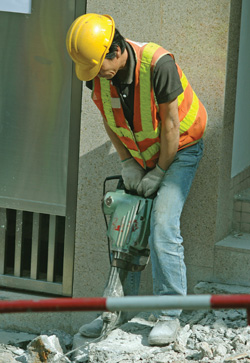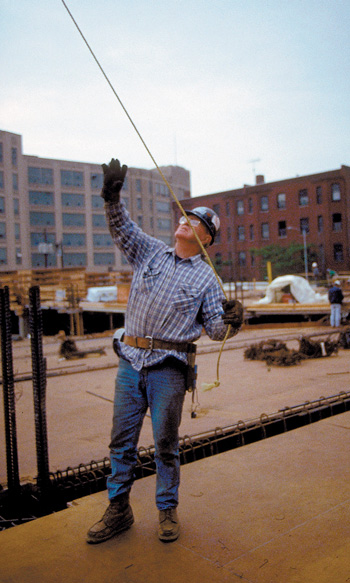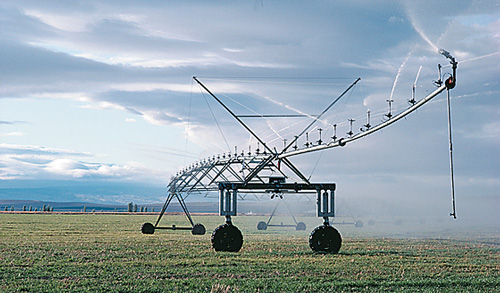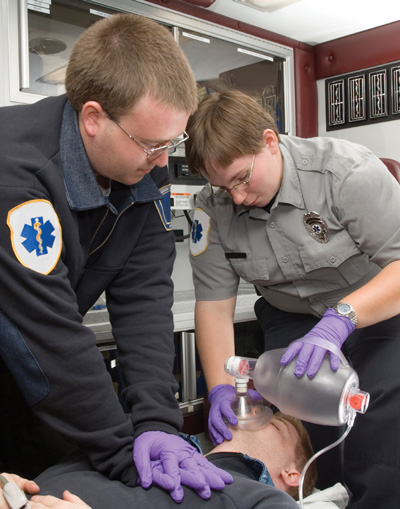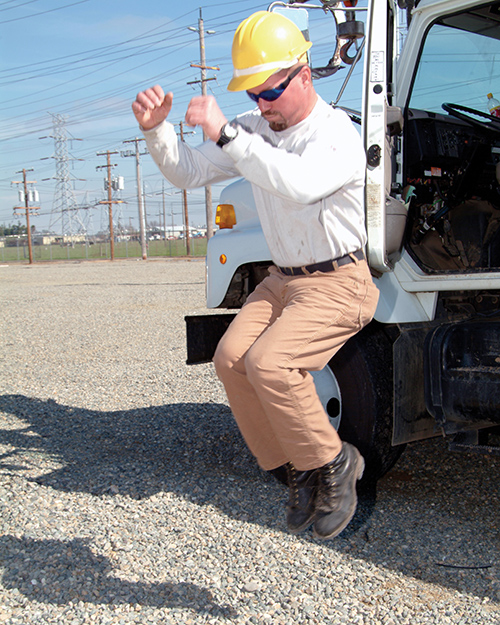Case studies—learn from these mistakes
Take a lesson from these unfortunate true stories about job site mistakes. Expand the “Don’t do what they did!” boxes to see relevant safety information, so you can prevent similar tragedies.

A man in a hurry
A Missouri contractor who called before digging hit a 6-inch high-pressure gas line in an industrial park. He was told the gas company would be locating a line at the site, but he began digging the day before the date set for marking. The line was capped within two hours of the accident, and fortunately there were no injuries or damage. (Source: Underground Focus magazine)
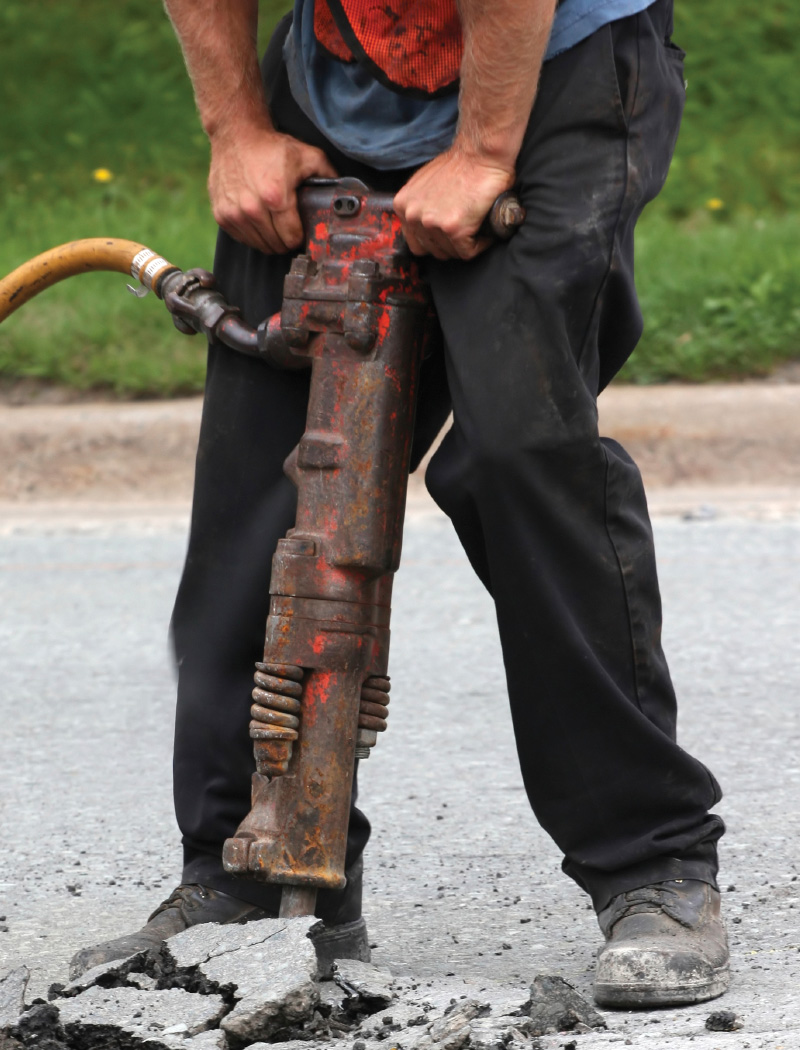
Underground lines can surprise you
A 20-year-old plumber’s apprentice began to jackhammer some concrete, not knowing that a power line lay just beneath him. The jackhammer bit into the line and thousands of volts of electricity surged through his body. The current exploded out the back of his head and shoulder and through his foot, taking two toes with it and burning away part of both knee joints. He spent several months in the hospital healing from burns and it took him two years to learn to walk again. Despite his injuries, the young man went on to become an Olympic kayaker and competed at the 2000 games in Sydney, Australia, where he was the flag bearer for the U.S. team. (Source: Cliff Meidl)
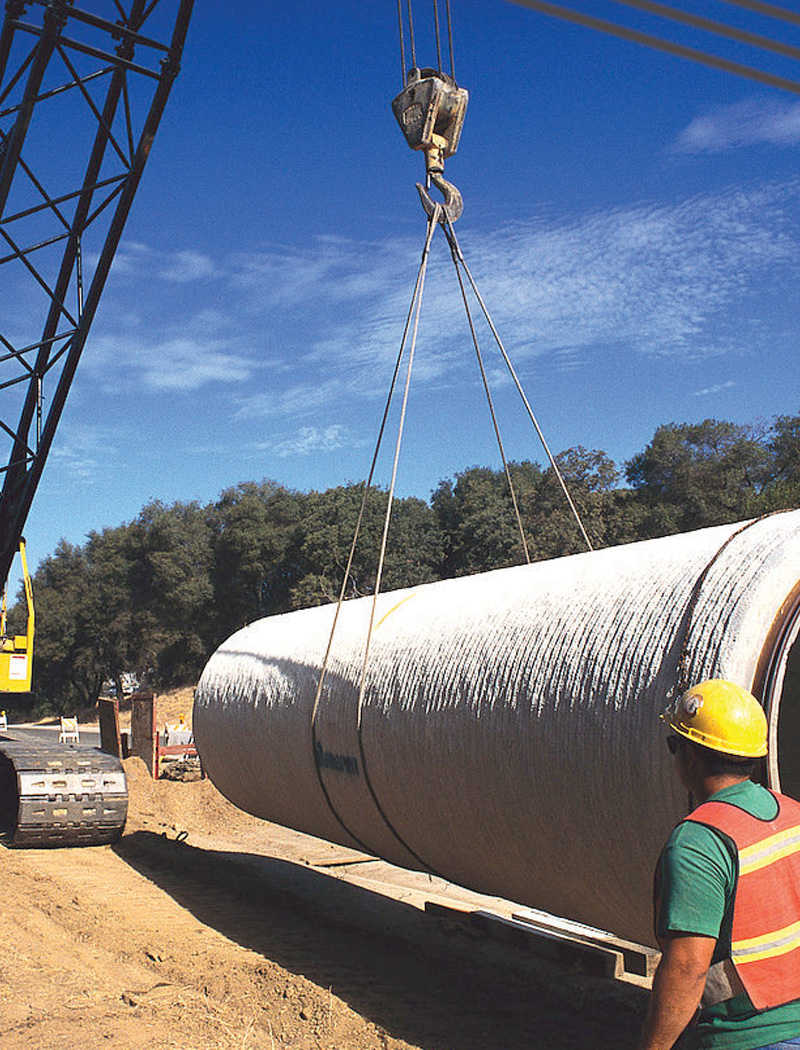
Don’t do double duty as spotter and ground rigger
A crane operator was putting up steel beams for a building annex. His brother-in-law was acting as both spotter and ground rigger, attaching the steel beams to the crane. A high-voltage line ran by the job site. The crane operator reminded his relative to help him keep the crane at least 15 feet* from the line, but something went wrong. The brother-in-law signaled the crane to get too close to the line, and when he grabbed the crane cable to attach a steel beam, he was electrocuted. (Source: Worker Beware video)
*Today, per OSHA regulations, this clearance would be at least 20 feet.
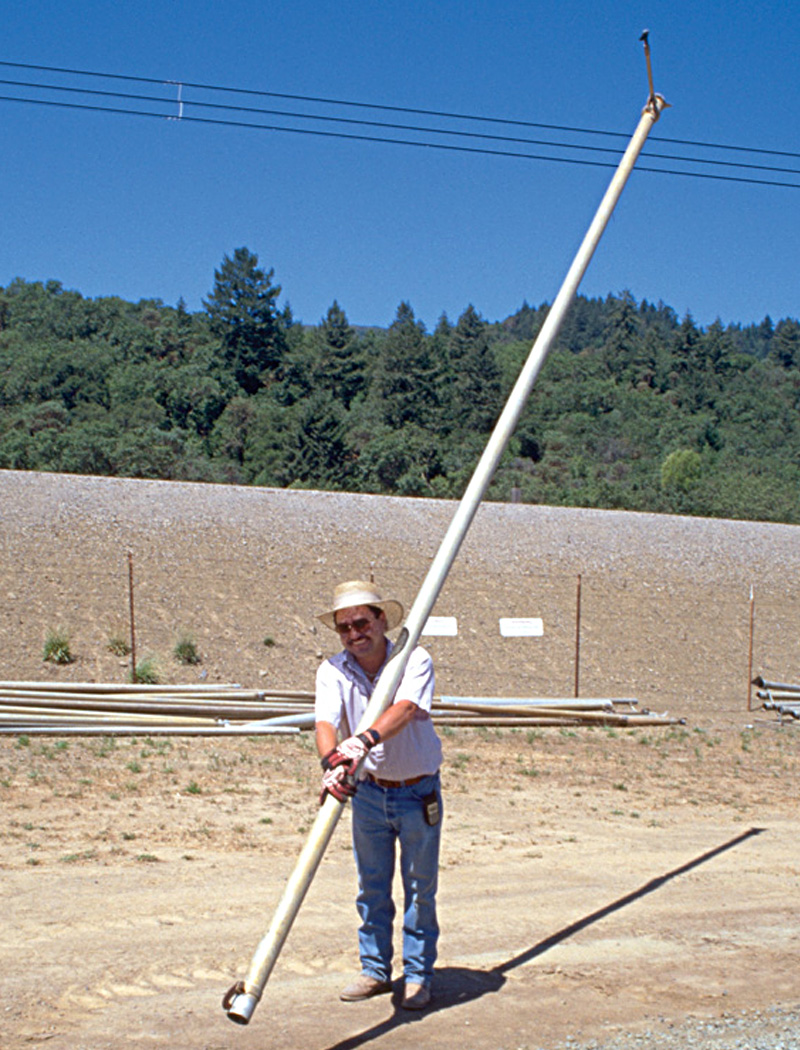
Watch those irrigation pipes
A 19-year-old apprentice nurseryman was fatally electrocuted while installing a sprinkler irrigation system. He apparently lifted up a long aluminum pipe, and it contacted an overhead power line 28 feet off the ground. The young man received a shock of 22,000 volts of electricity. He was knocked to the ground and dropped the pipe. He told his coworkers that he was okay, and got up. However, he then staggered for about 25 feet before he collapsed and died. (Source:Victoria Department of Labour, Occupational Health and Safety Division)
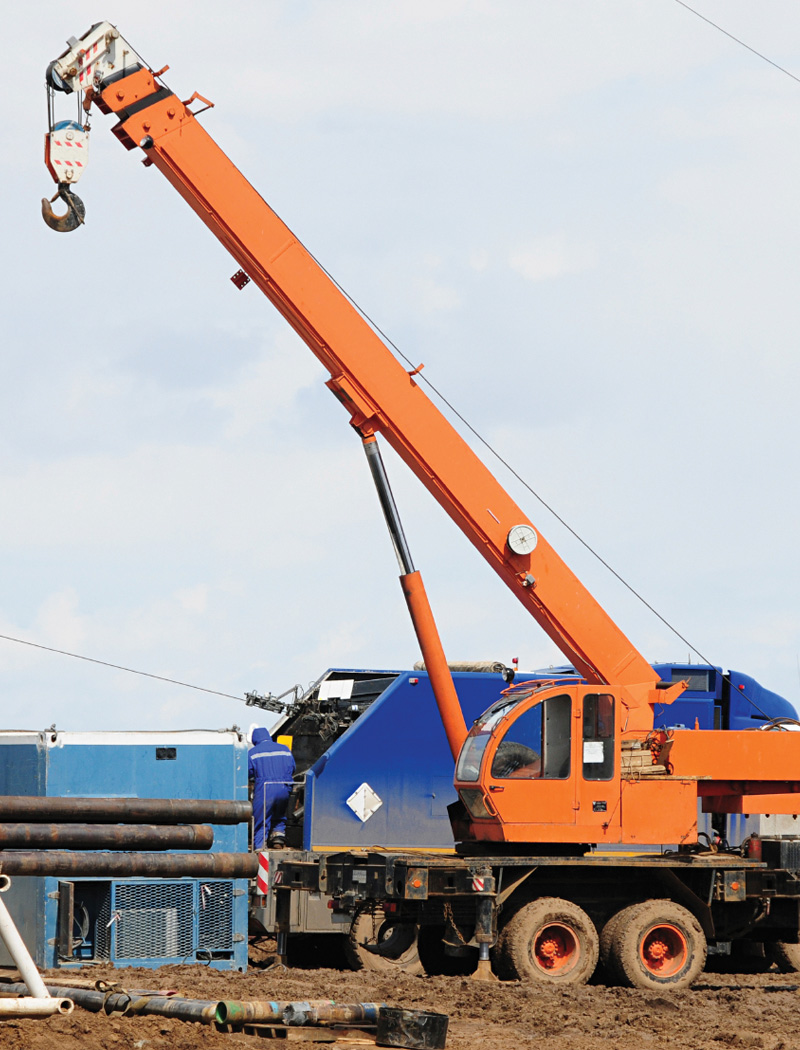
A spotter could have saved them
A truck driver and his employer (the company president) were electrocuted when the boom of a truck-mounted crane contacted a 7,200-volt power line. The driver was operating the crane by a handheld remote-control unit and was unloading a cube of concrete blocks. While the driver, the company president and a masonry contractor were focused on watching the blocks, the tip of the crane boom contacted the overhead power line and completed a path to ground through the truck, the remote control unit and the driver. The company president tried to help and apparently contacted the truck, completing a path to ground through his body. He died on the scene. The truck driver later died at the hospital. (Source: National Institute of Occupational Safety and Health)
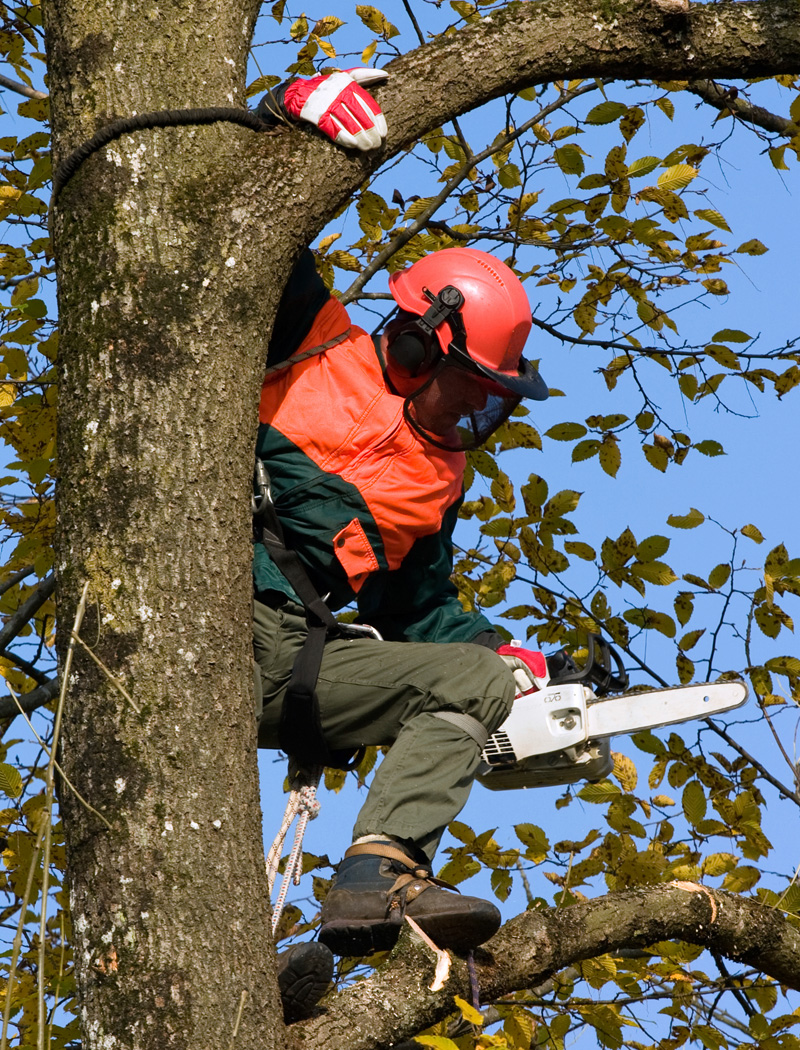
Don’t become a victim by helping
A 46-year-old man was electrocuted on a tree-trimming job. The accident occurred as a hydraulic bucket came into contact with a 7,620-volt line. A worker noticed that a tire on the bucket truck was burning, attempted to move the truck and was shocked. He was not able to let go of the door handle. The 46-year-old was electrocuted when he tried to free the worker from the door handle. (Source: St. Joseph News-Press)

Always call 911 after a utility hit
A Minnesota contractor severed a buried natural gas pipeline with digging equipment. He reported the leak to his supervisor, but did not call 911 or the local utility company. Within 40 minutes, gas migrated into a nearby building and exploded, killing four people, injuring eleven and destroying six buildings. (Source: National Transportation Safety Board)

If you smell gas, get out fast
A 39-year-old Canadian woman refused to leave her home despite a gas line rupture and was killed when the gas exploded. The woman’s husband had hit a buried natural gas line while digging footings for a room addition. He went into the house and warned his wife of the gas leak, but she assured him she was safe. The man went back outside to wait for repair technicians to arrive. The explosion knocked the man down, and he was dragged away from the flames by a friend. The woman died in the fire. (Source: Alberta.com news report)



